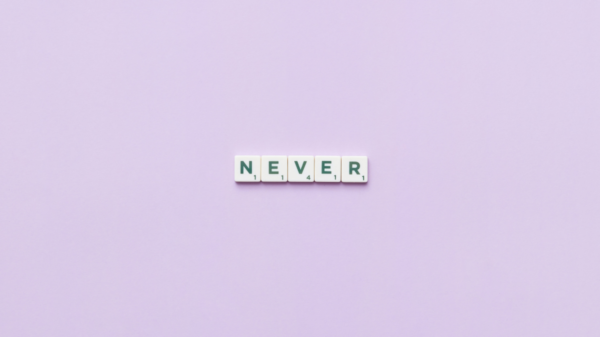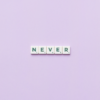By Miles Jaye
Who can stand all the noise? Who can tolerate all the clamor? What are the short and long-term negative effects of a never-ending, mind-bending, multi-media maelstrom of disquieting mayhem and confusion?
Was the human being designed to in- put and process a constant barrage of voice bombs or is silence a vital element of the human experience? Was the human mind designed to filter out static and incessant white noise or does the brain suffer unrepairable damage from the brutal onslaught of 24-hour cycles of thoughts, opinions and lies, and thoughts and opinions about thoughts and opinions and lies? When we are finally con- fronted with the answers to these questions will it be too late for remedy, cure, or vaccination?
For some, the opposite is the danger– too much silence. For some there is no voice with which to carry on a normal conversation, in person, so, they crave the noise. Cell phones have replaced companionship, family and friends.
In numbers far more than we can imagine, there are those with no family and no friends, whatsoever. More than could possibly make any fair news coverage will live alone and die alone. Surprised? Have you never thought about it?
You see them in line at the checkout counter, you encounter them in the parking lot, but you don’t recognize them as islands, isolated, they appear so normal.
The homeless have as one of very few advantages, visibility, that is until you turn away from the nagging, unpleasant sight of them– your guilt is irritating. Those who experience human life alone are invisible to the naked eye.
They are veterans, elderly, widowers, ex-cons, and drug addicts, but they are also musicians, lawyers, salesmen, schoolteachers, and accountants. They eat alone every night. They sleep alone every night. They awaken every morning to the sound of silence, so they break the silence with TV voices.
They immediately reach for their cell phone to reconnect them to the world of other human beings with whom they have no contact other than through the beloved electronic devices, so they turn up the volume.
Part of the required telephone ques- tionnaire on every call to the VA, after “last four of your social” and your “complete date of birth” is, “Do you live alone?”, “Have you had thoughts of harming any- one?” and “Have you had thoughts of harming yourself?”
I’m asked these questions, without fail or exception, each and every time I call the VA. Every time I visit for a medical checkup, they follow the same procedure. They know the dangers of existing alone. They can only hope that a caller in crisis will speak his or her truth to power and reveal and acknowledge the depths, darkness and pain of their despair and the urgent need for help. They may save a life. Alone is deadly!
Now for the rub, alone is also a state of mind and therefore may not accurately depict the reality of your living conditions. Ever hear someone say they could feel alone in a crowded room? Others may reside at your home, yet you feel isolated, insignificant, invisible, alone.
You don’t recognize them as islands, isolated, or at risk, because they appear so normal. I for one have spent far too much of my adult life alone. Then late in life I learn that I am one of several family members suffering from social anxiety and depression. The social anxiety ex- plains why, as unhealthy as isolation is, I’ve learned to prefer it.
The depression explains why I crash after encountering social exposure, which, for an entertainer, could be rather often. Interestingly, much of my youth was spent home alone– latchkey kid before the term latchkey was a thing.
In isolation, I find myself prolific with endless energy and virtually no end to what I can accomplish. Then comes the crash, the depression brought on by the isolation. It’s quite the paradox! It’s not bi-polar but it can present itself as such. So, how does one self-diagnose that all that is needed is a friendly voice, a warm smile, a gesture of kindness, a shared laugh? How might a loved one recognize that all that is needed is a friendly voice, a warm smile, an unconditional gesture of kindness, and an occasional shared laugh? It may feel at first like intrusion, but you may save a life!
This essay is dedicated to Naomi Osaka, Simone Biles, the late Phyllis Hyman, and countless others among us… family and friends, suffering in silence.
That’s what’s on my mind!
Website: www.milesjaye.net
Podcast: https://bit.ly/2zkhSRv
Email: milesjaye360@gmail.com









You must be logged in to post a comment Login